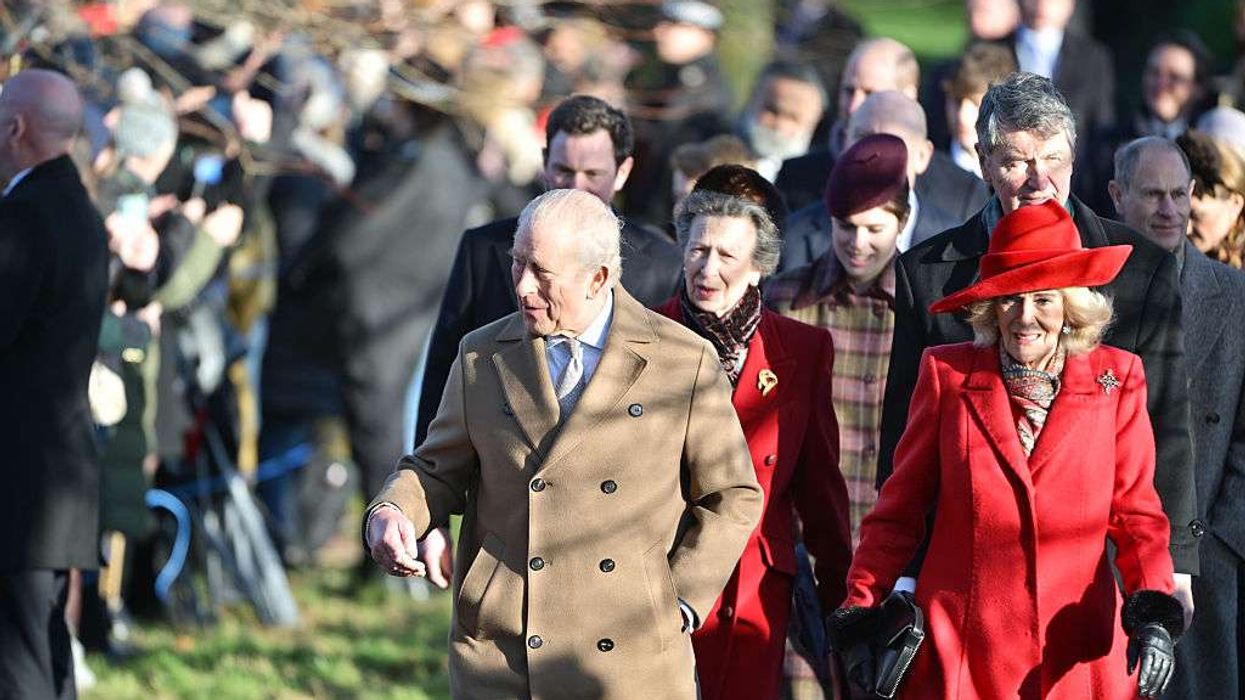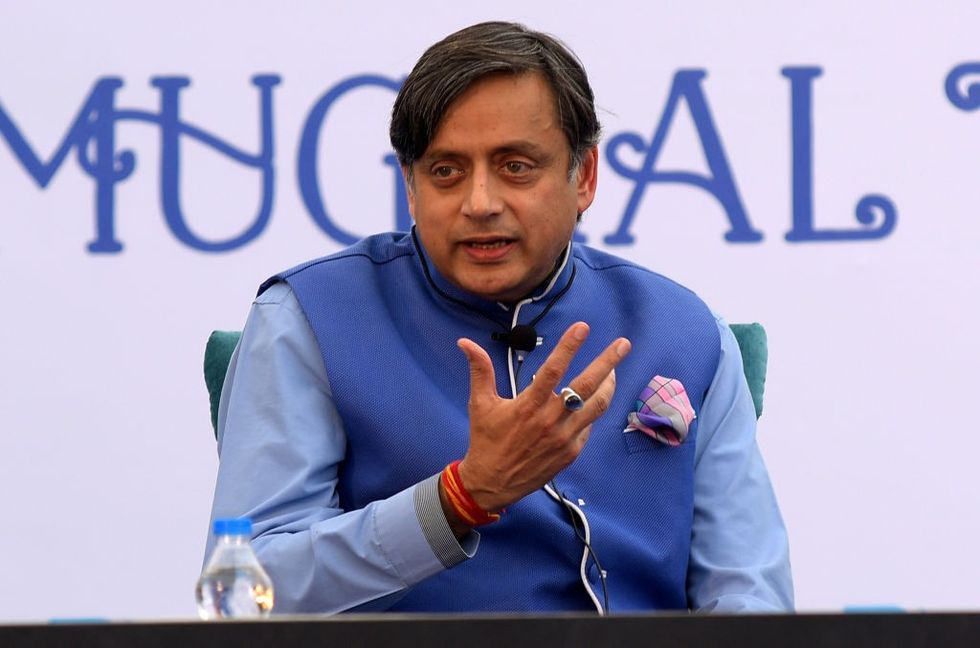by Amit Roy
THE news that Shamima Begum had lost her baby son, when he might possibly have responded to medical care in the UK, was heartrending.
Perhaps the home secretary, Sajid Javid, who stripped her of her British nationality, thereby
making her stateless because she doesn’t have Bangladeshi nationality, should – exceptionally – review her case and let her back into Britain.
Most people don’t have sympathy for Shamima’s pro-Daesh political views and feel she is responsible for her own misfortune, but they are not heartless either. She is only 19 and lost three babies in succession. Surely, she has suffered enough.
Shamima is not the only problem for the home secretary, who has to consider the possible
long-term consequences of allowing in dozens of other Britons, many brainwashed by extremist ideology, and their children born in Syria.
Javid might have wanted to appear tough, but the decision has now backfired on him. For once, the shadow home secretary, Diane Abbott, reflected the views of many people when she tweeted: “It is against international law to make someone stateless, and now an innocent child has died as a result of a British woman being stripped of her citizenship. This is callous and inhumane.”
She later added: “This week a British baby died from pneumonia in a Syrian refugee camp. A tragedy that might have been avoided. If the mother and baby had been brought home, the mother Shamima Begum would have faced British justice, but the baby might have lived. Sajid Javid has behaved shamefully.”
Javid is also being targeted by his enemies in the Conservative Party who are putting the knife in so as to undermine his chances of succeeding Theresa May as prime minister.
Conservative MP Phillip Lee declared he was “deeply concerned” by Javid’s decision, which
was “driven by a sort of populism”, he claimed.
“Clearly Shamima Begum holds abhorrent views and to want to join Islamic State is beyond
all comprehension, but she was a child, a product of our society,” he argued.
Liberal Democrat home affairs spokesman Ed Davey said the boy will be remembered if courts rule that Javid acted “illegally in making a British citizen stateless”. “Many of us feared this tragic outcome when the home secretary washed his hands of Britain’s responsibility for a British citizen and a British baby,” he added.





 Tanika Gupta
Tanika Gupta  Shashi Tharoor AFP via Getty Images
Shashi Tharoor AFP via Getty Images  English cricket writers are distraught that in the current “Ashes” series against Australia down under Getty Images
English cricket writers are distraught that in the current “Ashes” series against Australia down under Getty Images 





